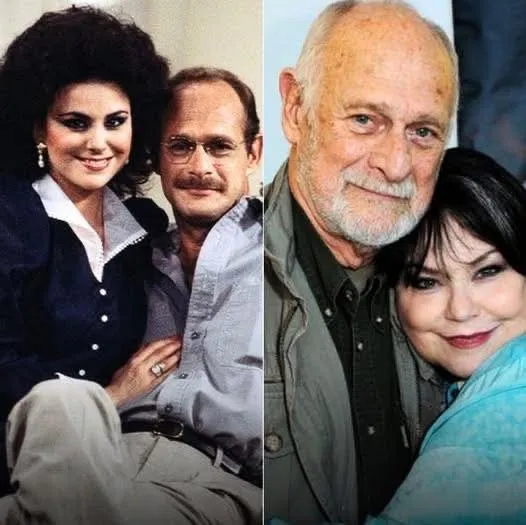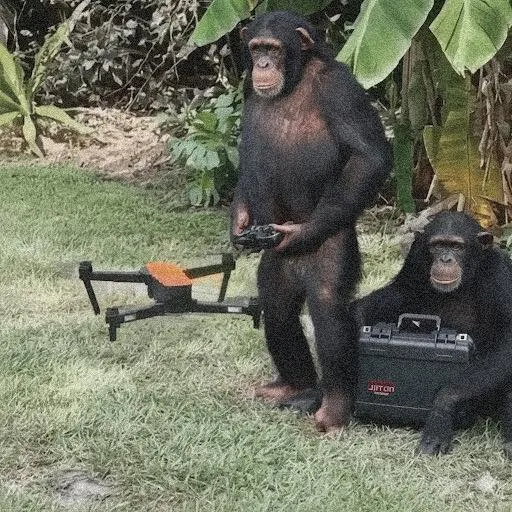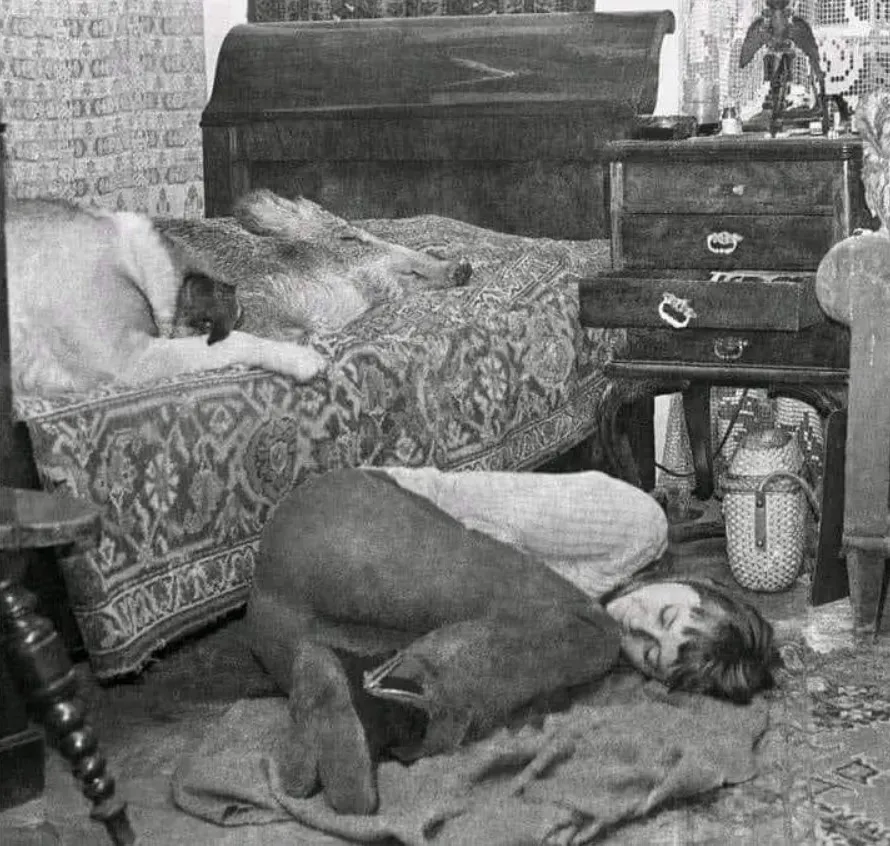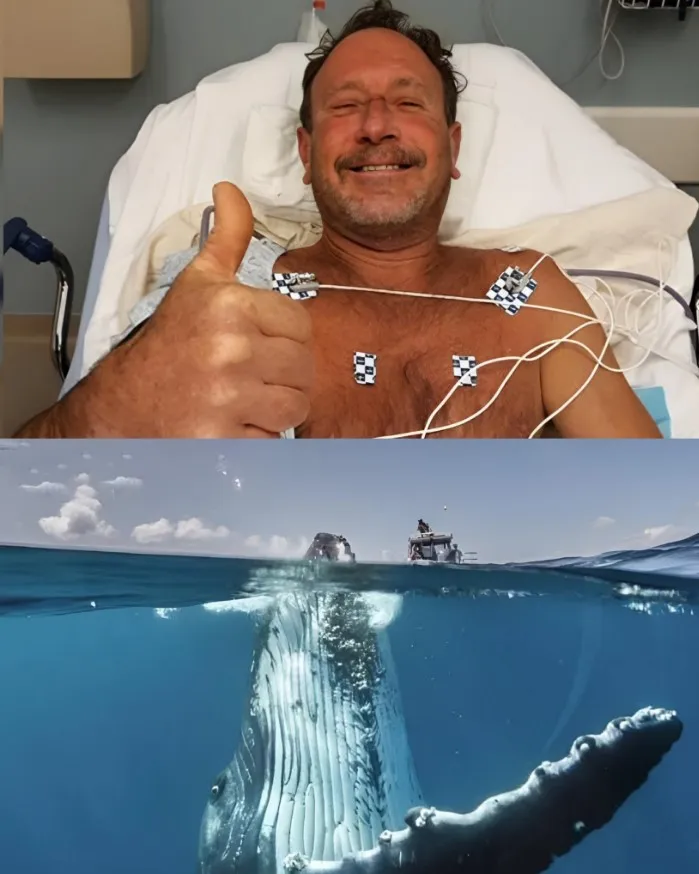The Swamp, the Scientist, and the Statesman: A Story of Fate and Generosity 897

At the dawn of the 20th century, a Scottish farmer made his way home across the fields, his day’s work behind him. The quiet of the countryside was broken by faint but desperate cries. Alarmed, he followed the sound to a swamp, where he found a young boy trapped in the mire. The child thrashed helplessly, sinking deeper with every frantic move. Without hesitation, the farmer cut a sturdy branch, stretched it out, and pulled the terrified boy to safety.
Exhausted and soaked, the boy could barely speak through his trembling. He thanked his rescuer profusely but explained that he had to hurry home before his father grew worried. The farmer thought little more of it, content that he had simply done the right thing.
The next morning, however, his modest home saw a visitor unlike any other. A fine carriage rolled up the dirt path, gleaming in the morning light. From it stepped a gentleman dressed in the fashion of wealth and prominence. He approached the farmer directly.
“Did you save my son’s life yesterday?” the man asked.
“Yes, I did,” replied the farmer simply.
The gentleman, visibly moved, asked, “How much do I owe you?”
The farmer shook his head firmly. “You owe me nothing. I only did what anyone should do.”
But the gentleman was not satisfied with leaving the matter unpaid. He pressed, offering rewards, but each time the farmer refused. The act, in his mind, had been one of duty, not of profit.
Just then, the gentleman noticed a boy standing nearby—the farmer’s young son. He studied him for a moment before speaking again. “Is this your boy?”
“Yes,” the farmer answered proudly.
“Then allow me to repay you in another way,” the man said. “Let me take him to London. I will provide for his education. If he has his father’s character, I believe neither of us will regret this decision.”
Reluctantly, the farmer agreed, and thus the boy left his humble beginnings for an education that would change the course of history. That boy was Alexander Fleming, who would one day discover penicillin, a medical breakthrough that would save millions of lives.
Decades passed. Fleming’s work became celebrated worldwide, revolutionizing medicine by bringing humanity its first true antibiotic. In the years before World War II, penicillin was already proving itself a miracle cure for deadly infections.
Then fate drew the story full circle. The son of that wealthy gentleman—the boy once rescued from the swamp—fell gravely ill with pneumonia. The illness threatened to take his life, as it had taken countless others in history. Yet this time, the outcome was different. His life was saved, not by wealth or privilege, but by penicillin, the very discovery made possible by the education his father had once funded.
That boy had grown into Winston Churchill, destined to lead Britain through its darkest hour as Prime Minister during World War II. The threads of generosity, science, and leadership had woven together in a tapestry that spanned decades.
For many, the tale seems almost too poetic to be true—an intertwining of lives across class and circumstance that feels scripted by destiny itself. Yet regardless of embellishment or debate over its details, the story endures because of the truth it illustrates: what we give freely often returns in ways we cannot imagine.
Perhaps it was this chain of events that Churchill had in mind when he later said, “What you give will come back to you.” In those words lies the timeless lesson that generosity is never wasted. An act of compassion may ripple forward through time, touching lives far beyond what the giver can see.
The farmer, in saving a boy from a swamp, could not have known that he was also saving the man who would one day rally a nation against tyranny. The gentleman, in offering an education, could not have foreseen that he was investing in a scientist who would unlock one of the greatest medical discoveries of all time. And the world, in turn, would be forever changed.
It is a story of rescue, of opportunity, and of science. But at its heart, it is a story of character—of a farmer who chose compassion over reward, and of the chain of goodness that followed.
The swamp that nearly claimed a child’s life instead became the starting point of a story that touched millions. In its mud lay the seed of a truth humanity often forgets: kindness multiplies.
When we reflect on this tale, whether as history, legend, or parable, the message remains clear. What we give may not return in the same form, but it does return. Sometimes it returns as healing, sometimes as hope, and sometimes, as history itself.
The farmer’s branch reached across a swamp that day, but in the long sweep of time, it reached across generations. From the muddy fields of Scotland to the laboratories of London to the war rooms of Britain, the thread of generosity ran unbroken.
And so, the story of Alexander Fleming and Winston Churchill reminds us that even the smallest acts of compassion can echo into eternity.
Because in the end, what you give—will come back to you.
Delta Burke and Gerald McRaney: A Love That Withstood the Darkest Times 557


In the glittering world of Hollywood, where appearances often define perception, few stories are as quietly inspiring as the love between Delta Burke and Gerald McRaney. Known for her role on Designing Women, Burke has long captivated audiences with her talent and charisma. Yet behind the spotlight, she faced challenges that tested her strength, her health, and her spirit — challenges she would not have survived without the unwavering support of her husband of 34 years.
“He loved me when I got as big as a house,” Burke shared candidly in a recent interview. “He has loved me through my up times and my down times. He still thinks my body looks great, and I can certifiably tell you it does not!” Her words, filled with humor and honesty, hint at the depth of their connection — a bond that transcends superficial appearances and embraces the raw, authentic realities of life.

The couple’s journey has not been without hardship. At one point, Burke experienced a period when her health and body did not feel right, and doctors struggled to diagnose the problem. She recalled feeling exhausted, frustrated, and frightened as her symptoms persisted without explanation. The public became concerned when she appeared in a wheelchair alongside McRaney, her pale complexion and carefully hidden expression sparking questions and speculation. Observers noticed the devoted husband walking behind her, carrying a walking stick and bags, a quiet testament to the practical and emotional support he provided during this vulnerable period.
For Gerald McRaney, the vows he took decades ago were more than words. They represented a promise to stand by his wife through all circumstances — the triumphs, the trials, and the unforeseen challenges of life. His devotion is evident not in grandiose gestures but in everyday acts of care: walking beside her when she could not walk alone, carrying her necessities, and offering unwavering encouragement during moments of doubt and fear.
The strength of their relationship illustrates a deeper truth about love: it is not contingent on perfection, health, or societal approval. Burke’s struggles highlight the pressures faced by public figures whose personal vulnerabilities are often exposed to the scrutiny of millions. Yet McRaney’s steadfast presence demonstrates that true love is measured not by appearances or accolades, but by commitment, patience, and empathy in the face of adversity.
Their story is also a powerful reminder of the importance of partnership in navigating life’s darkest moments. While Burke confronted health concerns and physical limitations, McRaney’s support allowed her to maintain dignity, hope, and the courage to face each day. The couple’s shared resilience exemplifies how a strong foundation of trust and care can transform challenging circumstances into a source of profound connection and intimacy.
Beyond the personal, their example resonates widely because it counters cultural narratives that equate worth with physical appearance or independence. In a society obsessed with youth and beauty, Delta Burke and Gerald McRaney model a different kind of value: love that honors authenticity, support that validates vulnerability, and companionship that perseveres through life’s unpredictable challenges.
Today, the couple continues to inspire. Their 34-year marriage stands as a testament to enduring devotion, mutual respect, and the quiet heroism found in acts of everyday care. Burke’s journey through illness, uncertainty, and public scrutiny underscores not only her own resilience but also the transformative power of a partner who loves unconditionally.
In the story of Delta Burke and Gerald McRaney, audiences find more than celebrity news — they find a reflection of hope, a demonstration that true love persists through trials, and a model of the extraordinary strength that can emerge when two people face life’s challenges together. Their bond reminds the world that real love is measured not in appearances, accolades, or public attention, but in presence, empathy, and unwavering support when it matters most.





